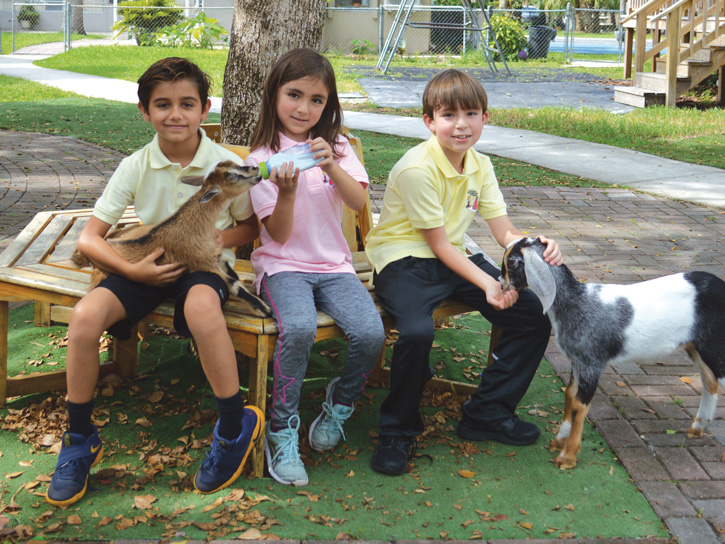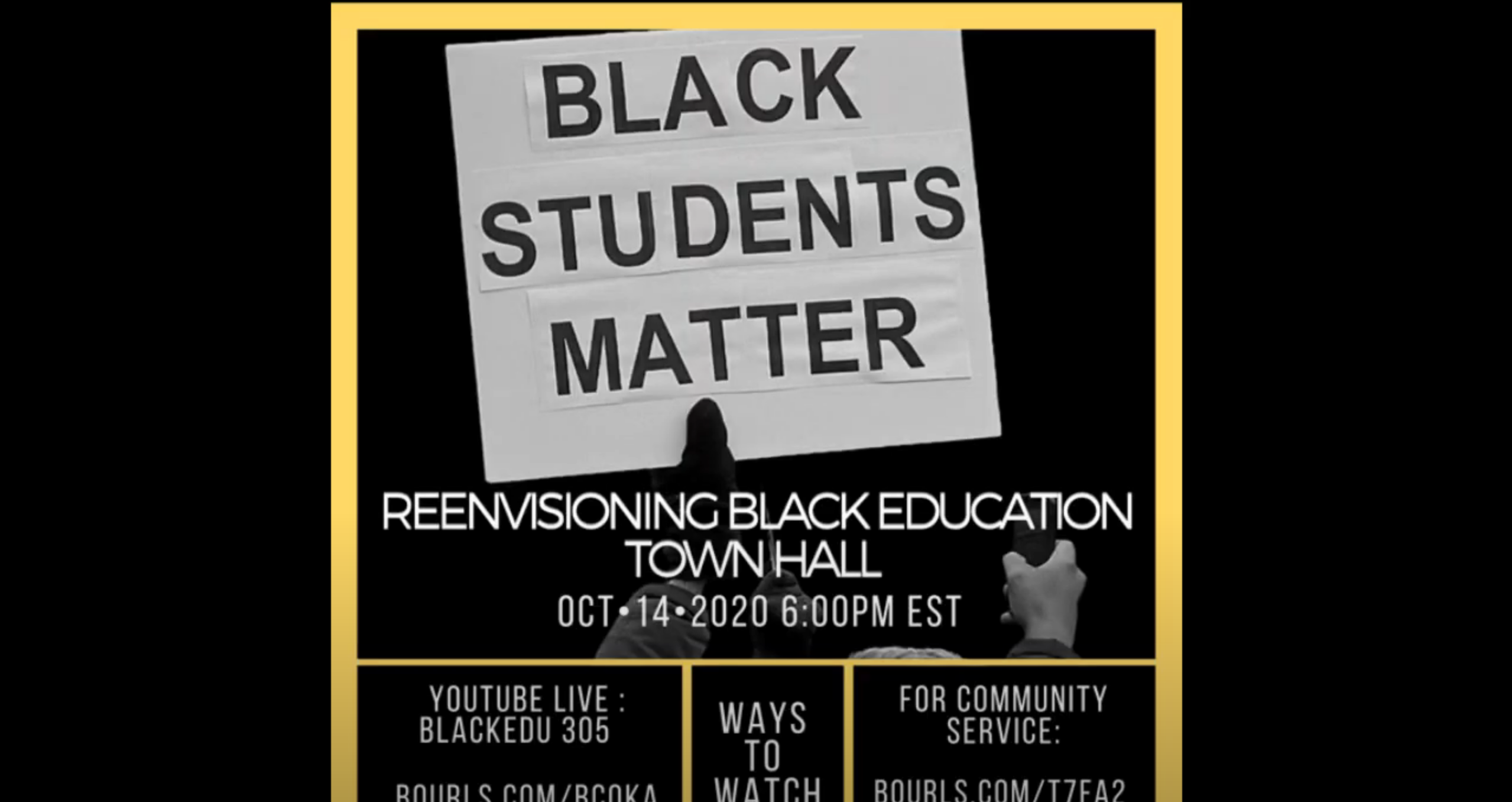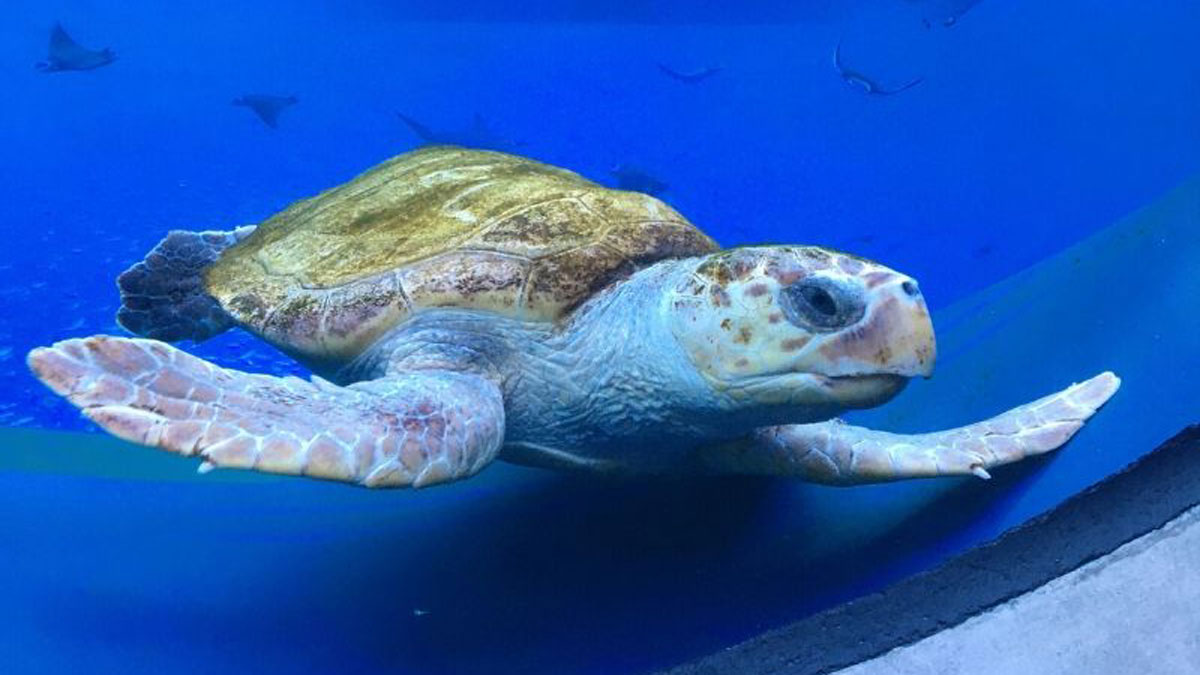Kendall’s Cattoira Montessori, education is about more than just traditional classroom learning. The school, which offers programs from toddler to elementary, bases its curriculum on the teachings of famed educator Dr. Maria Montessori and places a focus on creating “caring, socially responsible citizens of the community and the world.” Part of that education comes in the form of understanding and fostering peace: both inside the students and within the world at large. Here are four things to know about peace education.
- There are different types of peace to focus on.
Peace can exist within oneself and with others, say Montessori educators, who create lessons based on the age of the students. Younger students may find more initiatives based on becoming focused and calm while understanding their own emotions, while older students can learn how to find long-term solutions for conflict and collaborative coping techniques. - Children are empowered to make their own peace.
While parents are naturally inclined to make life easier for their children, empowering children to solve their own issues is a cornerstone of Montessori education. With instructor supervision, students who have conflict with others are encouraged to use the skills learned in their younger years to resolve the issues via conversation. In fact, Montessori philosophies teach that allowing them to solve their problems is key to peace education. - Parents and teachers are encouraged to set an example.
Montessori families are strongly encouraged to embrace the concept of respect across all aspects of life, with family members deserving the highest levels. Part of that falls on parents and teachers to find clarity in what their own values are and to actively show that to children and students via daily actions. Diversity in life experience is also a part of peace education, with parents challenged to try new things (whether it be food, travel or community outreach) and expose younger generations to new and different people and cultures. - Peace can be a simple concept.
Lessons in what Montessori teachings call “grace and courtesy” come throughout the day, with examples such as how to wait, how to watch, how to interrupt politely, how to take care of the classroom and how to resolve conflicts peacefully. And when “undesirable” behavior comes into play children are not punished, but given an opportunity to reflect what took place and how they could have better related to the other people involved. A “peace object” is often employed, allowing only the person holding it to speak while other listen respectfully.
Compassion and Care: Animals in the classroom
One unique aspect of a Cattoira education comes in the form of animals on campus, a normal part of Montessori life. Why? Caring for pets in the school teaches responsibility, compassion, empathy and respect for other living things, say Montessori experts. In addition, pets offer stress relief for students as they observe, care for, and pet the animals (examples include everything from fish and rabbits to goats and birds). While children are tasked with caring for the animals, the pets allow teachers to find lessons in everything from science to sensitivity in an organic way. One study showed “kids turn to their pets for emotional well-being, with 40 percent of children choosing pet companionship when feeling down.”
For more information on Cattoira Montessori School, please call 305-274-6509 or please visit cattoiramontessori.com.














 Deering Estate
Deering Estate
 Massage Envy South Miami
Massage Envy South Miami
 Calla Blow Dry
Calla Blow Dry
 My Derma Clinic
My Derma Clinic
 Sushi Maki
Sushi Maki
 Sports Grill
Sports Grill
 The Healthy Kitchen
The Healthy Kitchen
 Golden Rule Seafood
Golden Rule Seafood
 Malanga Cuban Café
Malanga Cuban Café

 Kathleen Ballard
Kathleen Ballard
 Panter, Panter & Sampedro
Panter, Panter & Sampedro
 Vintage Liquors
Vintage Liquors
 The Dog from Ipanema
The Dog from Ipanema
 Rubinstein Family Chiropractic
Rubinstein Family Chiropractic
 Your Pet’s Best
Your Pet’s Best
 Indigo Republic
Indigo Republic




 ATR Luxury Homes
ATR Luxury Homes


 2112 Design Studio
2112 Design Studio
 Hamilton Fox & Company
Hamilton Fox & Company
 Creative Design Services
Creative Design Services
 Best Pest Professionals
Best Pest Professionals
 HD Tree Services
HD Tree Services
 Trinity Air Conditioning Company
Trinity Air Conditioning Company
 Cisca Construction & Development
Cisca Construction & Development
 Mosquito Joe
Mosquito Joe
 Cutler Bay Solar Solutions
Cutler Bay Solar Solutions


 Miami Royal Ballet & Dance
Miami Royal Ballet & Dance
 Christopher Columbus
Christopher Columbus
 Pineview Preschools
Pineview Preschools
 Westminster
Westminster
 Carrollton
Carrollton
 Lil’ Jungle
Lil’ Jungle
 Frost Science Museum
Frost Science Museum
 Palmer Trinity School
Palmer Trinity School
 South Florida Music
South Florida Music
 Pinecrest Orthodontics
Pinecrest Orthodontics
 Dr. Bob Pediatric Dentist
Dr. Bob Pediatric Dentist
 d.pediatrics
d.pediatrics
 South Miami Women’s Health
South Miami Women’s Health

 The Spot Barbershop
The Spot Barbershop
 My Derma Clinic
My Derma Clinic




 Miami Dance Project
Miami Dance Project

 Rubinstein Family Chiropractic
Rubinstein Family Chiropractic
 Indigo Republic
Indigo Republic

 Safes Universe
Safes Universe
 Vintage Liquors
Vintage Liquors
 Evenings Delight
Evenings Delight





 Atchana’s Homegrown Thai
Atchana’s Homegrown Thai
 Baptist Health South Florida
Baptist Health South Florida

 Laser Eye Center of Miami
Laser Eye Center of Miami
 Visiting Angels
Visiting Angels
 OpusCare of South Florida
OpusCare of South Florida

 Your Pet’s Best
Your Pet’s Best





 HD Tree Services
HD Tree Services
 Hamilton Fox & Company
Hamilton Fox & Company


 Creative Design Services
Creative Design Services